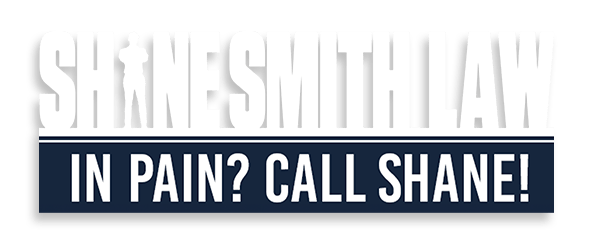Identity theft is only funny when cleverly parodied in Hollywood movies. In real life, you can quickly see your debt load climb and your credit scores plummet once someone has “successfully” stolen one or more of your credit cards and started using them.
Apart from having to spend long hours on the phone reporting this identity theft to your bank and all of your creditors – you may even have to file a police report fully documenting your losses.
Since it really can take years to “clean up” even a modestly damaged credit report and hacking events have almost become routine, everyone is wondering what new steps can be taken to better protect all of us from crooks who want to steal our credit and identity data. While many Americans are hopeful that these problems will diminish once we all have microchips placed in our credit cards in the near future – replacing the current “magnetic strips” on our cards that make us all so vulnerable – others are thinking about voiceprint technology.
Exactly How Could Our Voiceprints Possibly Safeguard Our Credit Cards?
According to at least a few media reports, “Voiceprint technology is already being adopted by major banks and credit card issuers.” However, much more testing of this added form of security protection is needed.
As many readers may already know, we each have various “personal identifiers known as biometrics.” These include retinal scans, fingerprints, and voiceprints. However, while fingerprint technology and personal DNA evidence can be considered very accurate in most cases, the same is definitely not currently true regarding voiceprint technology.
Just how unique is your voice and how accurately can it identify you to others? Scientists, security experts, and others appear are still hotly debating this issue.
Here are few of the major concerns that both experts and lay people have regarding this technology.
Why Many People Still Question Using Voiceprints As Security Devices
Just as current state and federal government visual technology isn’t always accurate, the same remains true regarding voiceprints. The following problems still remain:
- An inability to fully filter out ambient noise. These are the sounds that are often audible when someone is speaking – like honking cars on the street or ongoing background conversations -- and they can definitely alter how your personal speech may be recorded are understood;
- We each do not always use the exact same speech patterns and inflection every time we talk;
- Close family members often speak so similarly that it can be hard, even for those who've known them for a long time, to distinguish each person's distinct identity;
- A person’s recorded voiceprint could be easily stolen from a database and later played or used by an imposter while trying to gain access to the victim’s banking or credit card accounts -- or even entry to the individual’s workplace or home.
Why Others Believe Voiceprint Technology May Still Provide New Help or Answers
Despite some of the ongoing difficulties referenced above, voiceprint software is constantly being improved and it can carefully “search for obvious and subtle trademarks of a person's vocal instrument as well as trace commonly used words, intonations, and patterns of speech.” Using this type of resource can help narrow down the possibilities as to a speaker's identity, even though it’s not as accurate -- as noted above -- as a person’s DNA and fingerprints.
What the Future May Hold
Regardless of the concerns raised above, some degree of trustworthiness may be soon attached to using a person's voiceprint – in connection with other more widely appreciated and accepted security measures. Perhaps the most promising aspect of this technology revolves around a fact that one ABC reporter noted in a story some years ago: “Every person's mouth, larynx, and nasal cavities are unique [and] each utterance they make is also unique.”
Perhaps within the next decade, you may find yourself doing all of the following things simultaneously: (1) using some type of highly encrypted credit card, (2) looking into a small video camera that can recognize people, and (3) speaking one of several previously recorded phrases that you've arranged to help identify yourself.
If you believe that you’re a victim of any abusive debt collection practices, contact the Law Offices of Georgia consumer protection attorney Shane Smith so that you can learn more about your rights under federal and state consumer protection statutes. Call (980) 246-2656 today to schedule your free initial consultation.

